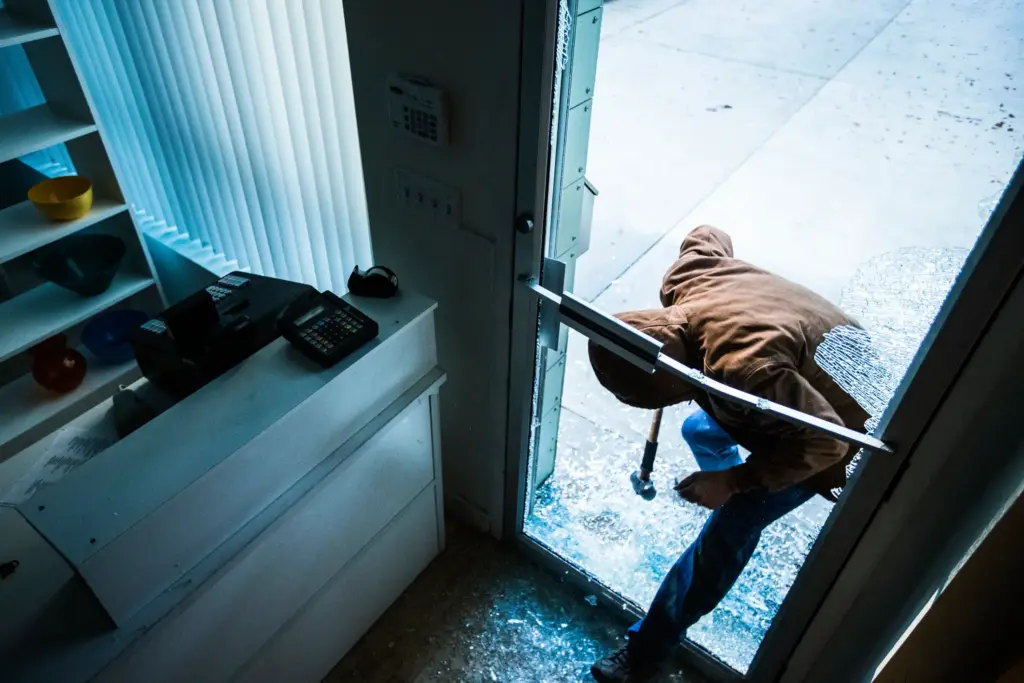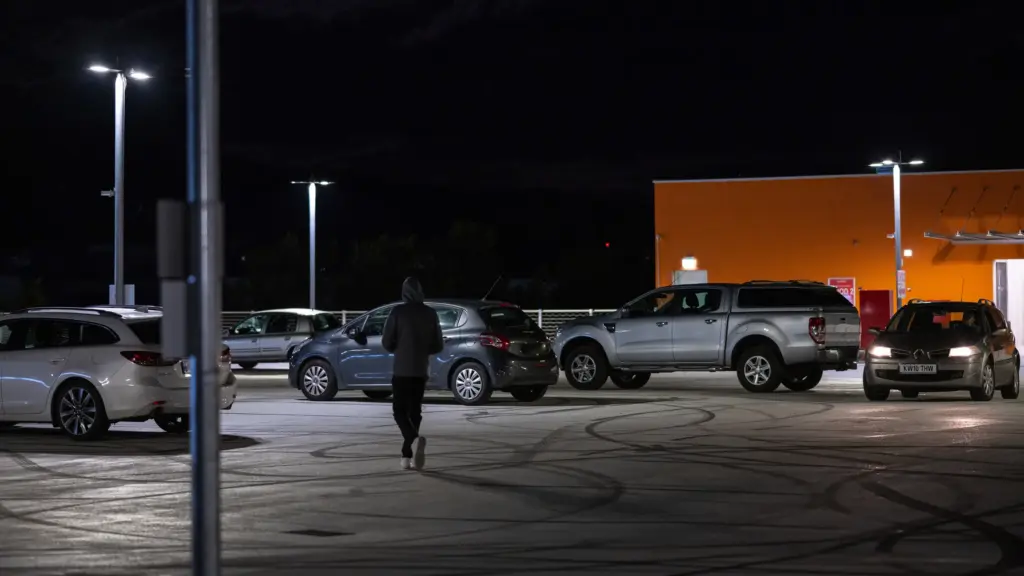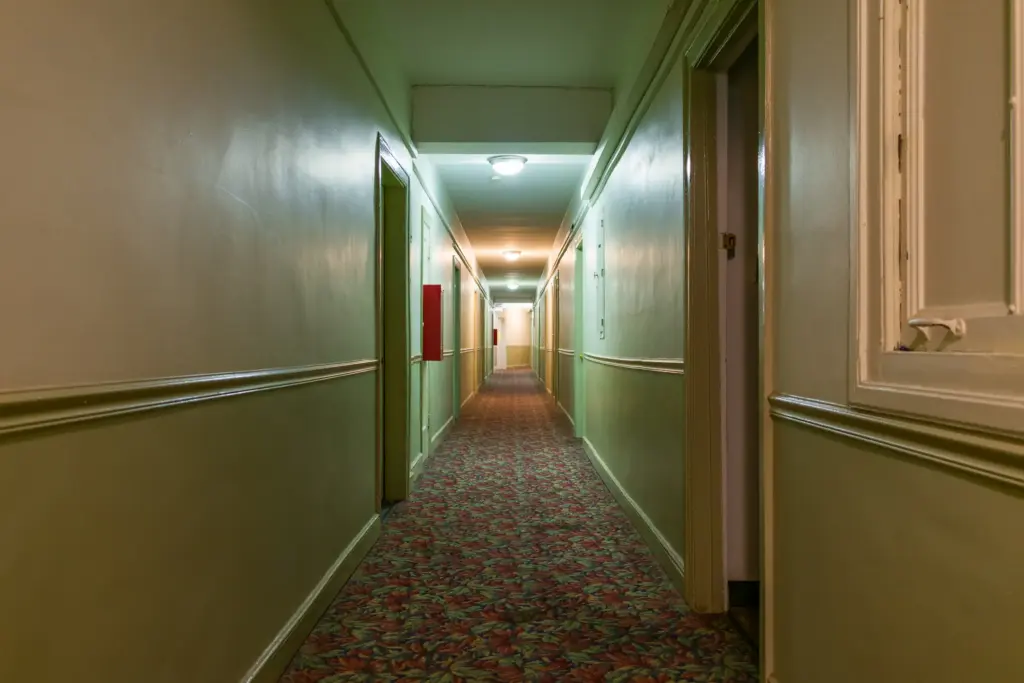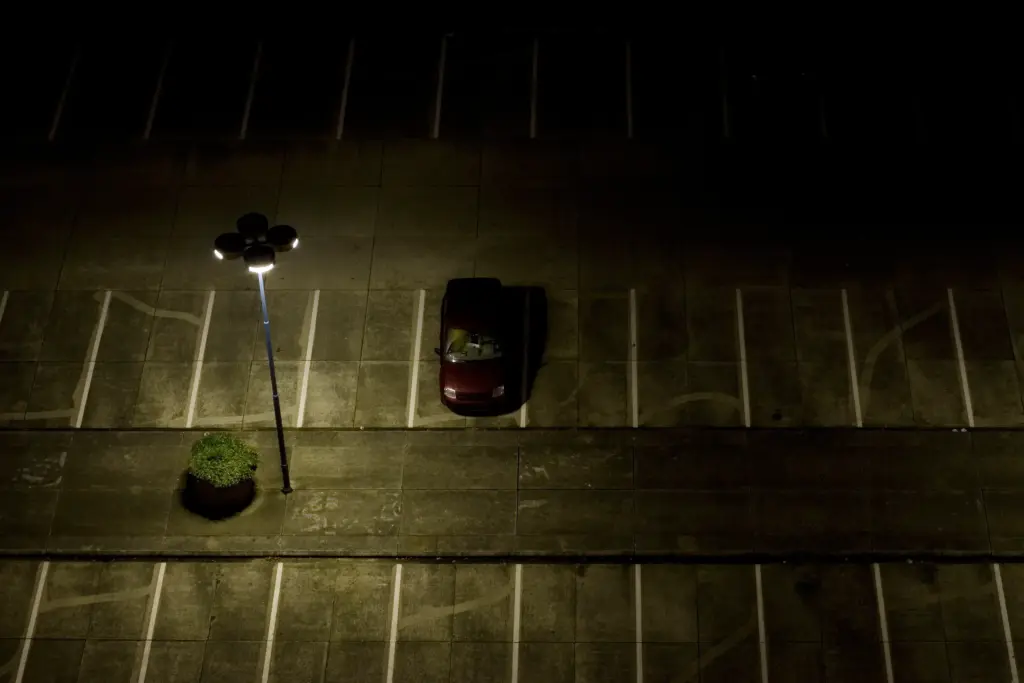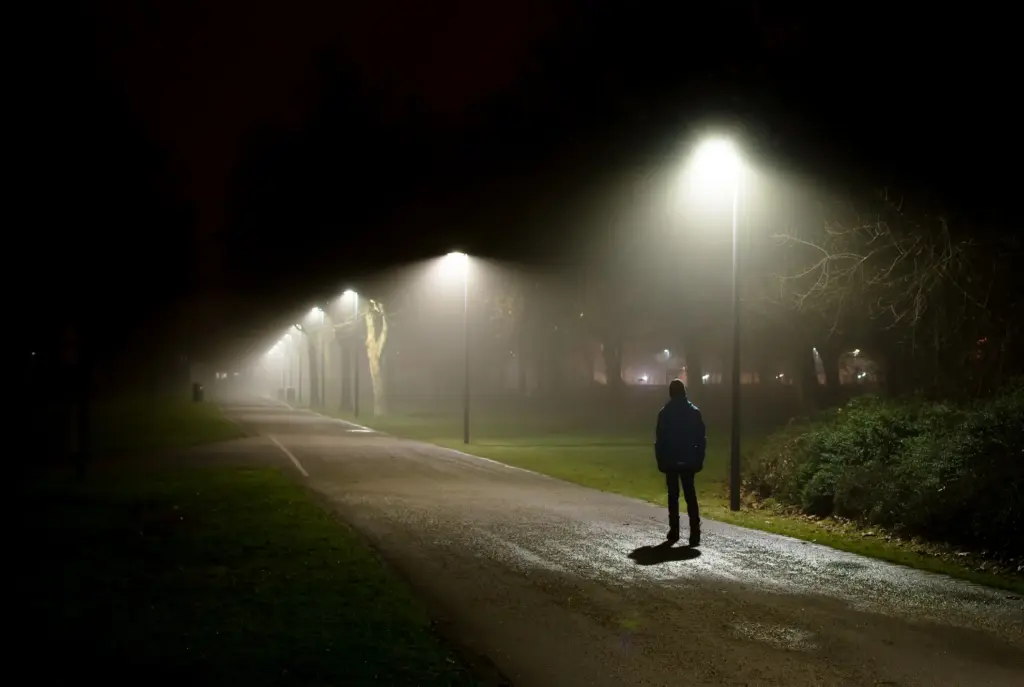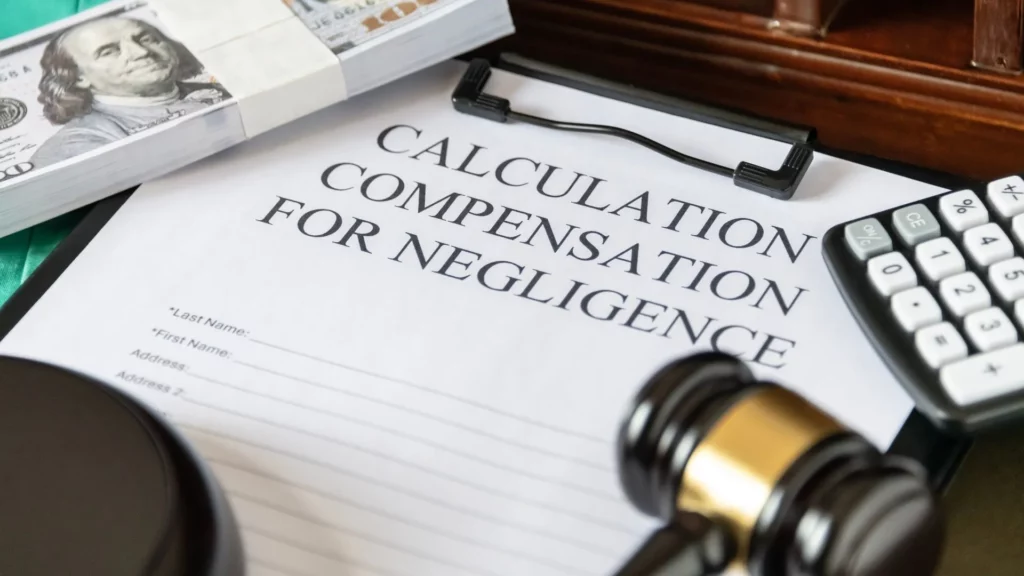Negligent security may arise when an individual sustains minor to severe injuries because a property owner failed to provide adequate safety measures. Whether it is an assault in a poorly lit parking lot or a break-in at an apartment complex with damaged locks, these cases can result in physical pain, emotional trauma, and financial damages.
Filing negligent security claims will allow affected victims to hold the at fault party accountable for failing to prevent foreseeable crimes. At West Coast Trial Lawyers, we represent individuals who have been harmed as a result of dangerous property conditions. We understand how challenging it can be to deal with injuries and damages that could have been prevented.
Our negligent security attorneys are dedicated to uncovering where things went wrong, whether if a property has a history of crime that was not considered, a security guard who failed to fulfill their duties, or property design that provided the opportunity for harm. We are here to help you understand your legal rights and options, and to advocate on your behalf to make sure you are given the compensation you are entitled to for the losses you incurred.
Our team operates under a contingency-fee basis, meaning you owe us nothing unless we win your case. To get started with the legal process, you can book a FREE consultation by calling (213) 927-3700 or completing our convenient online contact form.
What Is Negligent Security?

Negligent security is a legal concept under premises liability law that holds the property owner liable if a visitor is injured as a result of inadequate safety measures. It typically happens when a person is harmed or affected by criminal activity, like:
- Assault
- Robbery
- Homicide
These could have been preventable had reasonable security precautions been implemented. Simply put, if the property owner knew or should have known of criminal activity, but failed to take the right steps to prevent it, they may be held responsible for damages.
What Is an Example of Negligent Security?
Some common examples of negligent security include the following:
- Lack of security guards in territories known to have a history of violent crime
- Poor lighting in hallways, parking lots, and stairwells
- Damaged locks, gates, or doors, specifically in an apartment complex or hotels
- No surveillance cameras in a high-risk commercial property
- Failure to warn about known dangers
What Are the 4 Elements of Negligence?
To establish liability, you will need to gather evidence that demonstrates negligence, which are: duty of care, breach of duty, causation, and damages.
Duty of Care
The defendant owed the plaintiff a duty to act with reasonable care. This requires them to conduct themselves in a way that a typical individual would in similar circumstances to mitigate risk. For example, a property owner is required to maintain safe conditions for lawful visitors.
Breach of Duty
The defendant failed to uphold their duty. Such a breach can happen through action or inaction. This means either doing something reckless or failing to implement reasonable measures to prevent crime.
Causation
The breach of duty resulted in an injury. The court will determine whether bodily harm was associated with the breach or whether it was too unforeseeable. If the injury was highly unlikely, the defendant may not be held accountable (known as remoteness doctrine).
Damages
The plaintiff suffered actual harm. Evidence, like receipts for medical bills or pay stubs showing lost wages, can be used to demonstrate the amount of loss the victim endured due to the property owner’s negligence.
Where Do Negligent Security Cases Happen?
Negligent security cases can happen practically anywhere a property owner has a legal duty to ensure a reasonably safe environment, and a visitor is hurt due to foreseeable crime. These circumstances typically happen in areas that are open to the public or have a high volume of foot traffic. This includes the following:
- Apartment buildings
- Hotels and motels
- Shopping centers
- Entertainment venues
- Schools or universities
- Hospitals and nursing homes
- Parking lots
- Office buildings
Such cases depend on whether the incident was a foreseeable crime, often based on previous incidents or the type of environment presented. If crime was predictable and the property owner did not enforce reasonable measures to prevent it from happening, they can face legal consequences.
Legal Precedents that Support Negligent Security Claims
Below are some notable legal precedents that support negligent security claims, highlighting foreseeability and duty of care.
Posecai v. Wal-Mart Stores, Inc., 752 So. 2d 762 (La. 1999)
A woman was robbed at a Sam’s Club parking lot, owned by Wal-Mart Stores. She pursued legal action against the store for failing to provide adequate security measures in the surrounding area, claiming it had a high crime rate. The lower court ruled in favor of the plaintiff.
However, it got appealed by the defendant, and the case ultimately reached the Louisiana Supreme Court. They stated that Sam’s was not at fault and reversed the lower court’s decision, ruling that the parking lot was not foreseeable enough to have security guards monitoring the premises. As a result, the case was dismissed.
The “balancing test” was used to determine the extent of the business owner’s duty to provide security by weighing the foreseeability of criminal behavior against the costs of enforcing protective measures. Considering that only one other mugging case has occurred on the Sam’s Club premises within the past 6 ½ years and they mainly operate during daylight hours, the court concluded that the chances of harm was minimal.
Kline v. 1500 Massachusetts Ave. Apartment Corp., 439 F.2d 477 (D.C. Cir. 1970)
A tenant was assaulted and robbed in a hallway of an apartment complex, just two months after a similar incident occurred in the same area. The court learned that the apartment corporation had a duty to take reasonable care of tenants from foreseeable crime. They stated that the landlord knew about previous cases in the building and had been notified by tenants about the need to enhance security measures.
The lower court said the landlord was not responsible in this case, however, the higher court disagreed, clarifying that the landlord did have a duty to protect tenants since they were aware of past crimes and did not do anything to address the problem. The case was then sent back to the lower court to calculate the amount of financial compensation owed to the affected victim for the injuries and damages incurred.
Clohesy v. Food Circus Supermarkets, Inc.
A woman was abducted and killed in a supermarket parking lot. The trial court initially sided with the supermarket, claiming that the plaintiff did not have enough evidence to prove prior crime-related cases to show how the business owner had a duty to protect. So, it was dismissed early.
Most of the middle court agreed with the first court, stating that there was no duty here and dismissed the case. One judge did not approve the decision and suggested to continue and monitor it more closely. The New Jersey Supreme Court reversed the ruling, noting that the supermarket did have a duty to provide reasonable security regardless of whether such risks have not manifested similarly in the past. The case was then sent back to trial to move forward.
Does Negligent Security Apply to Public Property?
Negligent security can apply to public property, but it does have more complicated matters involved when compared to private settings. Just like private property owners, government entities also have a duty to protect the public from foreseeable crime in a public space, particularly if:
- They know that the location has had its share of violent crime
- They failed to incorporate reasonable measures to upkeep safe conditions
Government agencies are usually immune from lawsuits unless an exception permits it. In most cases, victims will need to file a notice of claim within six months from the date of the negligent security incident. If you are pursuing such a claim, it is important for you to act promptly due to strict deadlines and seek assistance from a legal expert who specializes in government liability and personal injury law.
How Does Property Design Affect Negligent Security Claims?
Property design can play a significant role in negligent security claims. Poor designs can create hazardous conditions, allowing the likelihood of crime activity to increase or be more difficult to detect and prevent. In such cases, the layout of the premises may contribute directly to a victim’s injuries.
For instance, a parking lot has dim lighting and no security cameras available, giving individuals the opportunity to commit assaults or theft. Similarly, inadequate fencing or broken locks in an apartment complex can make it easier for intruders to gain access to the premises.
Such factors may be considered design flaws that encourage criminal attack or affect a victim’s ability to escape or seek assistance. These features may be used as evidence that prove how the property conditions were not secure, particularly if the owner failed to resolve the situation after prior cases occurred.
Overall, when property design enables crime, it can strengthen a negligent security claim. This shifts the focus beyond inadequate security measures to the environment itself, emphasizing that the property was hazardous in a way that the owner had a duty to recognize and address.
What Do Security Lawyers Do?
Security lawyers specialize in legal matters pertaining to the safety and protection of people and property. They focus on cases that take on negligent security and premises liability. These experts lend out a helping hand to victims who have been affected by inadequate security by:
- Performing an investigation
- Gathering crucial details to develop a well-constructed claim
- Hold the responsible parties accountable for their actions
They will assess security policies, property designs, and past crime reports to figure out whether the owner has breached their legal obligations.
Security lawyers will also negotiate with insurance companies to secure fair compensation on behalf of clients, covering medical bills, lost income, and other damages. In cases that cannot be settled, they will represent clients in court, with the motive to protect their rights and acquire reasonable financial compensation.
They may also advise property and business owners on how to enhance safety measures to reduce liability risk and comply with applicable laws. This will help clients avoid potential lawsuits by ensuring safety protocols are met.
Is There a Time Limit to File a Negligent Security Claim?
For premises liability claims, including negligent security cases, you will be given two years from the initial date of the incident to pursue legal action. If you exceed the given deadline, you will lose your opportunity to secure financial compensation, even if you developed a strong case. It is important to act quickly and consult with a negligent security lawyer as soon as you can after the event to ensure all important documentation is submitted in a timely manner.
Calculating Damages in a Negligent Security Claim
Calculating damages in a negligent security claim will require the full extent of harm and damages suffered by the victim due to inadequate security measures. These are meant to compensate the affected party for economic and non-economic damages caused by the event.
Economic damages are monetary losses, such as medical expenses for treatment costs and lost wages due to time missed from work. It may also cover property damage or theft, if applicable.
Non-economic damages recognize the mental and emotional impact the victim endured as a result of the property owner’s negligence. It will compensate for non-monetary, subjective losses, like:
- Emotional distress
- Loss of enjoyment of life
- Pain and suffering
If the defendant’s behavior was egregious, the court might award punitive damages. These are meant to punish the wrongdoer and deter similar conduct from occurring in the future. However, punitive damages are rarely given and will require you to gather evidence that proves intentional or grossly negligent conduct.
To learn what you could be entitled to, you can use our personal injury settlement calculator by entering the losses you suffered due to negligent security.
Hurt Because of Negligent Security? Schedule a FREE Consultation With West Coast Trial Lawyers Today
If you have been injured while lawfully on someone else’s property, whether it took place at an apartment complex, shopping mall, or concert venue, you should not have to undergo such a complicated situation all on your own. At West Coast Trial Lawyers, we will establish an effective approach to ensure we hold the property owner or business accountable for failing to provide proper safety measures.
Our team has a deep understanding of negligent security law and will work thoroughly on your case to deliver a successful outcome. We will build a strong claim, negotiate with insurance companies, and pursue full financial recovery on your behalf while you focus on recovering with a peace of mind.
To set up a FREE consultation, you can reach out to us by calling (213) 927-3700 or filling out our quick online contact form.
Negligent Security FAQ

